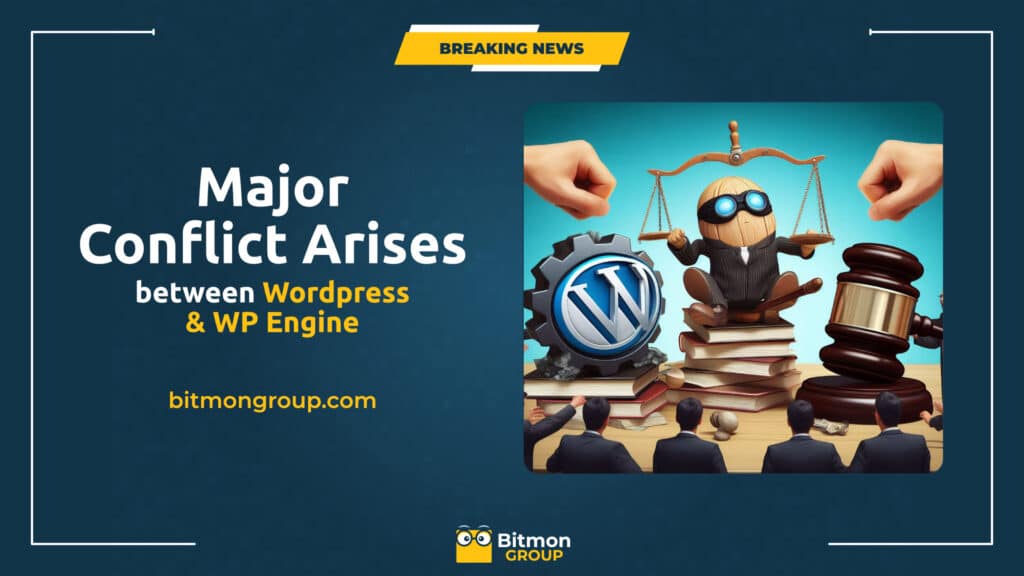In the world of websites, WordPress is one of the most popular platforms, powering millions of sites. WP Engine is a well-known hosting service that helps people run their WordPress sites smoothly. However, a recent conflict between these two has caught the attention of many in the online community. Let’s break down what happened and why it matters.
What Sparked the Conflict?
1. Disabling Important Features
One of the main issues started when WP Engine decided to turn off a feature in WordPress called “post revisions.” This feature allows users to see and restore previous versions of their posts. While WP Engine claimed this change would save space and improve performance, Matt Mullenweg, the founder of WordPress, argued that it is essential for protecting user data. He believes that disabling this feature goes against what WordPress stands for: giving users control over their content.
2. Trademark Concerns
Another significant point of contention is how WP Engine uses the WordPress name. Mullenweg accused WP Engine of misusing the WordPress trademark, which could confuse users about their relationship with WordPress. In response, WP Engine argued that they were using the name fairly and even sent a legal notice to Mullenweg asking him to stop his claims.
3. Impact on Users
As tensions rose, Mullenweg took a drastic step by banning WP Engine from accessing important resources on WordPress.org. This meant that many websites hosted by WP Engine could not receive updates for their plugins and themes, leaving them vulnerable to security issues. This action worried many users who rely on these updates to keep their websites running smoothly.
4. Community Contributions
Mullenweg has also expressed frustration that companies like WP Engine profit from WordPress without contributing back to its development. He believes that businesses benefiting from open-source software should help support its growth and sustainability.
Why Does This Matter?
The conflict between WordPress and WP Engine is more than just a disagreement between two companies; it highlights important issues in the online community:
- User Rights: The debate over post revisions raises questions about what features are essential for users and how companies can prioritize performance without sacrificing user control.
- Brand Trust: How companies use trademarks affects user trust and brand identity in the digital space. Clear communication about relationships is crucial for maintaining that trust.
- Community Responsibility: The situation emphasizes the importance of businesses giving back to the open-source projects they benefit from, ensuring these projects can continue to thrive.
Conclusion
The ongoing conflict between WordPress and WP Engine serves as a reminder of the complexities within the world of web development and hosting. As both sides stand firm in their positions, it’s essential for users to stay informed about these developments. Ultimately, this situation will shape how companies interact with open-source communities and what it means for users who rely on these platforms for their online presence.







